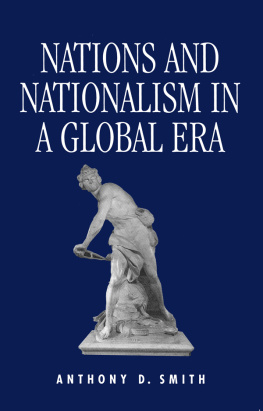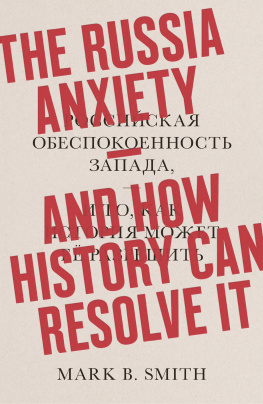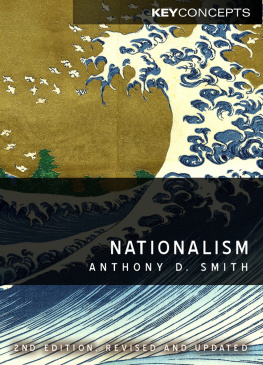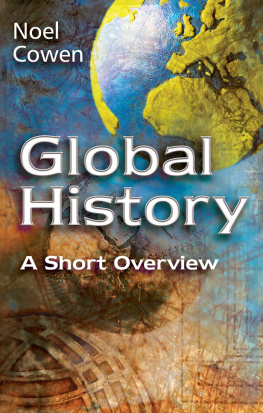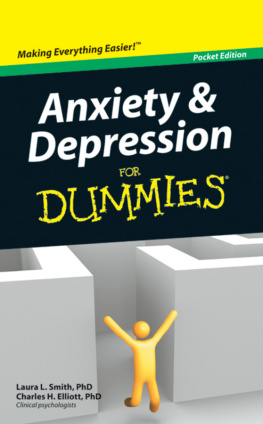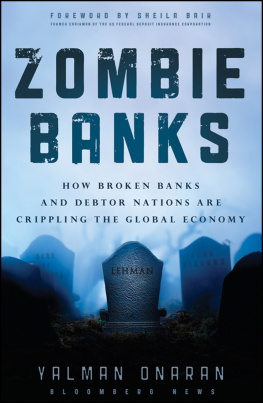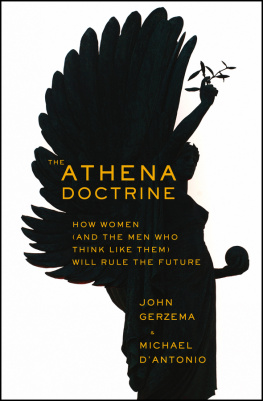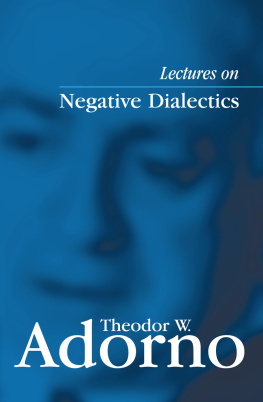Smith - Nations and Nationalism in a Global Era
Here you can read online Smith - Nations and Nationalism in a Global Era full text of the book (entire story) in english for free. Download pdf and epub, get meaning, cover and reviews about this ebook. City: Cambridge, Malden, Mass, year: 2012, publisher: Polity Press;Wiley, genre: Politics. Description of the work, (preface) as well as reviews are available. Best literature library LitArk.com created for fans of good reading and offers a wide selection of genres:
Romance novel
Science fiction
Adventure
Detective
Science
History
Home and family
Prose
Art
Politics
Computer
Non-fiction
Religion
Business
Children
Humor
Choose a favorite category and find really read worthwhile books. Enjoy immersion in the world of imagination, feel the emotions of the characters or learn something new for yourself, make an fascinating discovery.
- Book:Nations and Nationalism in a Global Era
- Author:
- Publisher:Polity Press;Wiley
- Genre:
- Year:2012
- City:Cambridge, Malden, Mass
- Rating:4 / 5
- Favourites:Add to favourites
- Your mark:
- 80
- 1
- 2
- 3
- 4
- 5
Nations and Nationalism in a Global Era: summary, description and annotation
We offer to read an annotation, description, summary or preface (depends on what the author of the book "Nations and Nationalism in a Global Era" wrote himself). If you haven't found the necessary information about the book — write in the comments, we will try to find it.
The EPUB format of this title may not be compatible for use on all handheld devices.
Smith: author's other books
Who wrote Nations and Nationalism in a Global Era? Find out the surname, the name of the author of the book and a list of all author's works by series.
Nations and Nationalism in a Global Era — read online for free the complete book (whole text) full work
Below is the text of the book, divided by pages. System saving the place of the last page read, allows you to conveniently read the book "Nations and Nationalism in a Global Era" online for free, without having to search again every time where you left off. Put a bookmark, and you can go to the page where you finished reading at any time.
Font size:
Interval:
Bookmark:
For Diana
Nations and Nationalism in a Global Era
Anthony D. Smith
Polity Press
Copyright Anthony D. Smith 1995
The right of Anthony D. Smith to be identified as author of this work has been asserted in accordance with the Copyright, Designs and Patents Act 1988.
First published in 1995 by Polity Press in association with Blackwell Publishers Ltd. Reprinted 1996, 1998, 2002, 2005, 2007
Polity Press
65 Bridge Street
Cambridge CB2 1UR, UK
Polity Press
350 Main Street
Maiden, MA 02148, USA
All rights reserved. Except for the quotation of short passages for the purposes of criticism and review, no part of this publication may be reproduced, stored in a retrieval system, or transmitted, in any form or by any means, electronic, mechanical, photocopying, recording or otherwise, without the prior permission of the publisher.
Except in the United States of America, this book is sold subject to the condition that it shall not, by way of trade or otherwise, be lent, re-sold, hired out, or otherwise circulated without the publishers prior consent in any form of binding or cover other than that in which it is published and without a similar condition including this condition being imposed on the subsequent purchaser.
A CIP catalogue record for this book is available from the British Library.
Library of Congress Cataloging-in-Publication Data
Smith, Anthony D.
Nations and nationalism in a global era / Anthony D. Smith.
p. cm.
Includes bibliographical references (p. ) and index.
ISBN: 978-0-7456-1018-4
ISBN: 978-0-7456-1019-1 (pbk)
ISBN: 978-0-7456-6855-0 (ebook)
1. Nationalism. I. Title.
JC311.S5393 1995
320.54dc20
9510019
CIP
Typeset in 11 on 13 pt Sabon by Best-set Typesetter Ltd, Hong Kong
Printed and bound in Great Britain by
Marston Book Services Limited, Oxford
This book is printed on acid-free paper.
1
A Cosmopolitan Culture?
2
The Modernist Fallacy
3
An Ethno-National Revival?
4
The Crisis of the National State
5
Supra- or Super-Nationalism?
6
In Defence of the Nation
For we fight not for glory, nor riches, nor honours, but for freedom alone, which no good man gives up except with his life.
Declaration of Arbroath, 1320
Forgetfulness leads to exile, while remembrance is the secret of redemption.
Baal Shem Tov
Many people throughout the world have been astonished and saddened by the sudden eruption of ethnic conflict and nationalism across the globe. They had hoped for a world free of ethnic dissensions and national conflicts, in the belief that ethnicity and nationalism were being rapidly superseded. They forget that ethnic community has a long history and that nationalism, as an ideology and a movement, has been a powerful force in world politics since at least the French and American Revolutions. The recent resurgence of nationalism can only be understood as part of a long historical process, and analyses that commence with the fall of the Berlin Wall, or even the Second World War, are apt to be shallow and misleading.
My aim in this book is to assess some of the ways in which the resurgence of nationalism today has been analysed, and to offer my own viewpoint on recent trends in the formation of nations and nationalisms, building on ideas briefly adumbrated in the last chapter of my National Identity and an earlier article.the Caucasus or South Africa, nor of the prospects for Sikh, Palestinian or any other nationalism.
Nor do I seek to engage with the wider debates about modernity or globalization and their consequences, except where they touch on issues of national identity and nationalism, since I believe that the key to an understanding of nations and nationalism as general phenomena of the modern world lies more with the persisting frameworks and legacies of historical cultures and ethnic ties than with the consequences of global interdependence. This is not to deny the magnitude of those consequences. Their main effect on modes of human association has been to undermine traditional structures of community and to diffuse the ideology of nationalism, disembedding it from its particular national contexts. But the disembedding of nationalism was already achieved in and through the French Revolution, and it is possible to see nationalism, paradoxically, as one of the main forces for global interdependence.
My argument is rather that nationalism derives its force from its historical embeddedness. As an ideology, nationalism can take root only if it strikes a popular chord, and is taken up by, and inspires, particular social groups and strata. But nationalism is much more than an ideology. Unlike other modern belief-systems, it depends for its power not just on the general idea of the nation, but on the presence and character of this or that specific nation which it turns into an absolute. Its success, therefore, depends on specific cultural and historical contexts, and this means that the nations it helps to create are in turn derived from pre-existing and highly particularized cultural heritages and ethnic formations. This, not some revolutionary but abstract formulation, is what stirs so many men and women in so many corners of the world today. As Benedict Anderson has pointed out, nationalism is far more akin to religion and religious community than to, say, liberalism and socialism. This is the main reason why current modernist and post-modernist critiques of nationalism seem so often to miss their mark, and why it is necessary to look elsewhere for the continuing power and vitality of nations and nationalisms in an interdependent world.
I am very grateful to Anthony Giddens and Polity Press for enabling me to set down my views on what has, once again, become a pressing international, as well as social and cultural, issue. I should like to express my warm thanks to Professors Giovanni Aldobrandini and Maria Damiani Sticchi for inviting me to Rome to give some lectures to students at the Libera Universit Internationale degli Studi Soziali which formed the starting-point for these reflections; and to the members of the Association for the Study of Ethnicity and Nationalism, and the Research Workshop on Ethnicity and Nationalism at the London School of Economics, for stimulating conferences, seminars and discussions of recent contributions in the field. For the views contained herein and for any errors, however, the responsibility is mine alone.
Anthony D. Smith,
London School of Economics
In this book I want to examine why, at the close of the second millennium, there should be a resurgence of ethnic conflict and nationalism, at a time when the world is becoming more unified and interconnected, and when the barriers between ethnic groups and nations are falling away and becoming obsolete.
We are constantly being reminded that the globe we inhabit is becoming smaller and more integrated. Everywhere closer links are being forged between the economies and societies of our planet, and everywhere formerly independent states and nations are being bound by a complex web of interstate organizations and regulations into a truly international community. In every corner of the world ethnic pasts are being updated and old cultures fragmented and recast. Throughout the world humanity is bound to the wheel of automated technologies and encircled by a forest of mass communications. In short, our world has become a single place.
This compression of time and space has fundamentally changed the ways in which human beings relate to each other and to their social networks. There is no doubt that modernity has brought a revolution in the ways in which we conceive of the world and feel about the societies into which
Font size:
Interval:
Bookmark:
Similar books «Nations and Nationalism in a Global Era»
Look at similar books to Nations and Nationalism in a Global Era. We have selected literature similar in name and meaning in the hope of providing readers with more options to find new, interesting, not yet read works.
Discussion, reviews of the book Nations and Nationalism in a Global Era and just readers' own opinions. Leave your comments, write what you think about the work, its meaning or the main characters. Specify what exactly you liked and what you didn't like, and why you think so.

